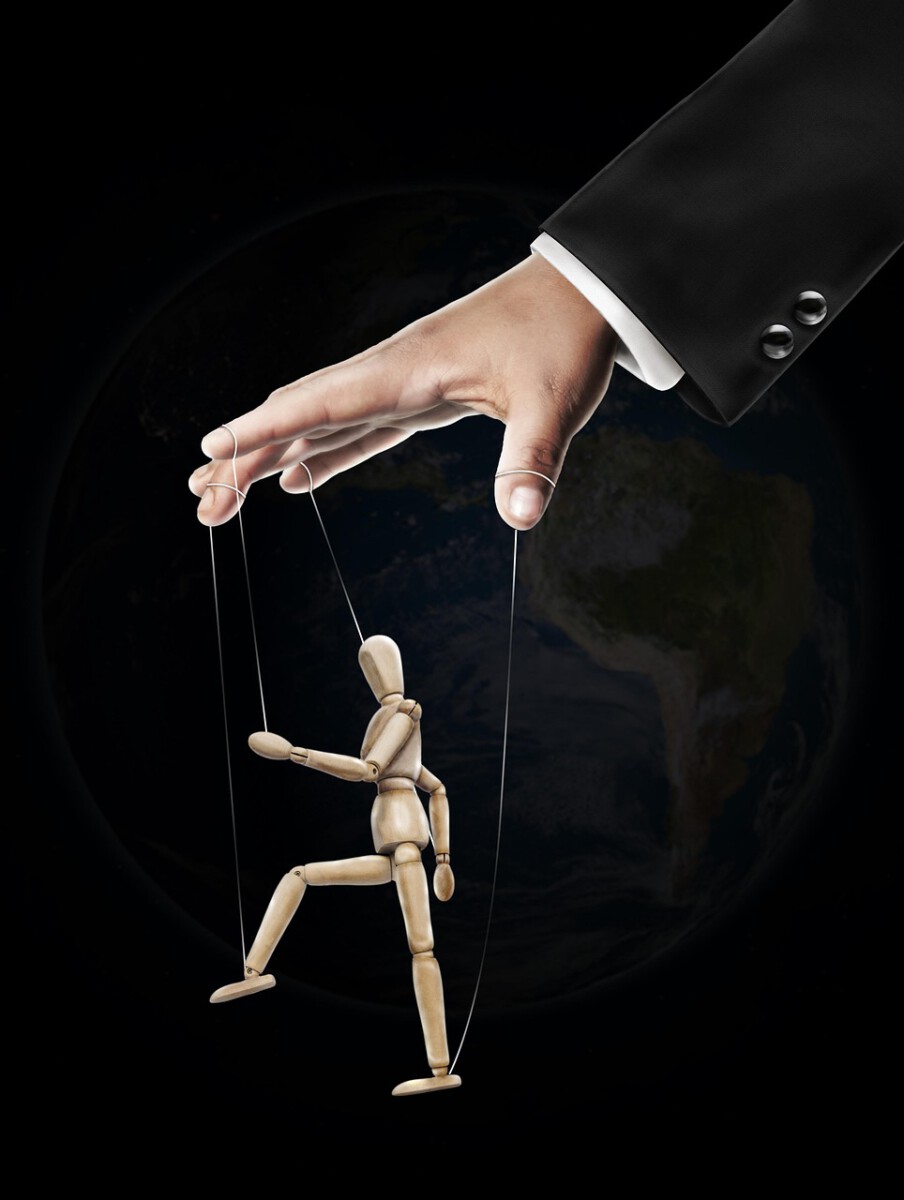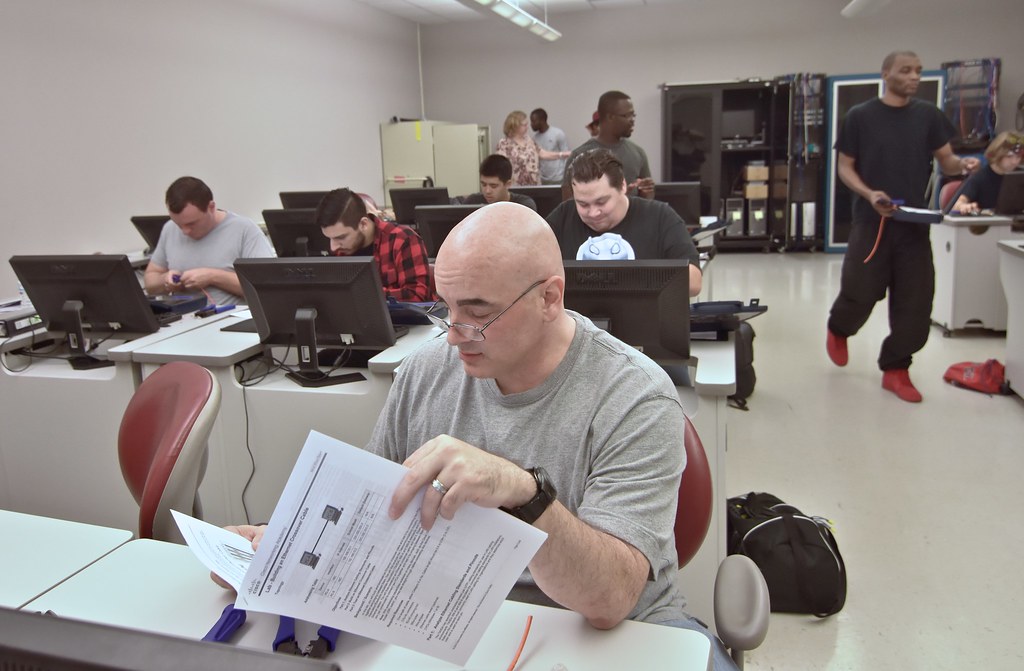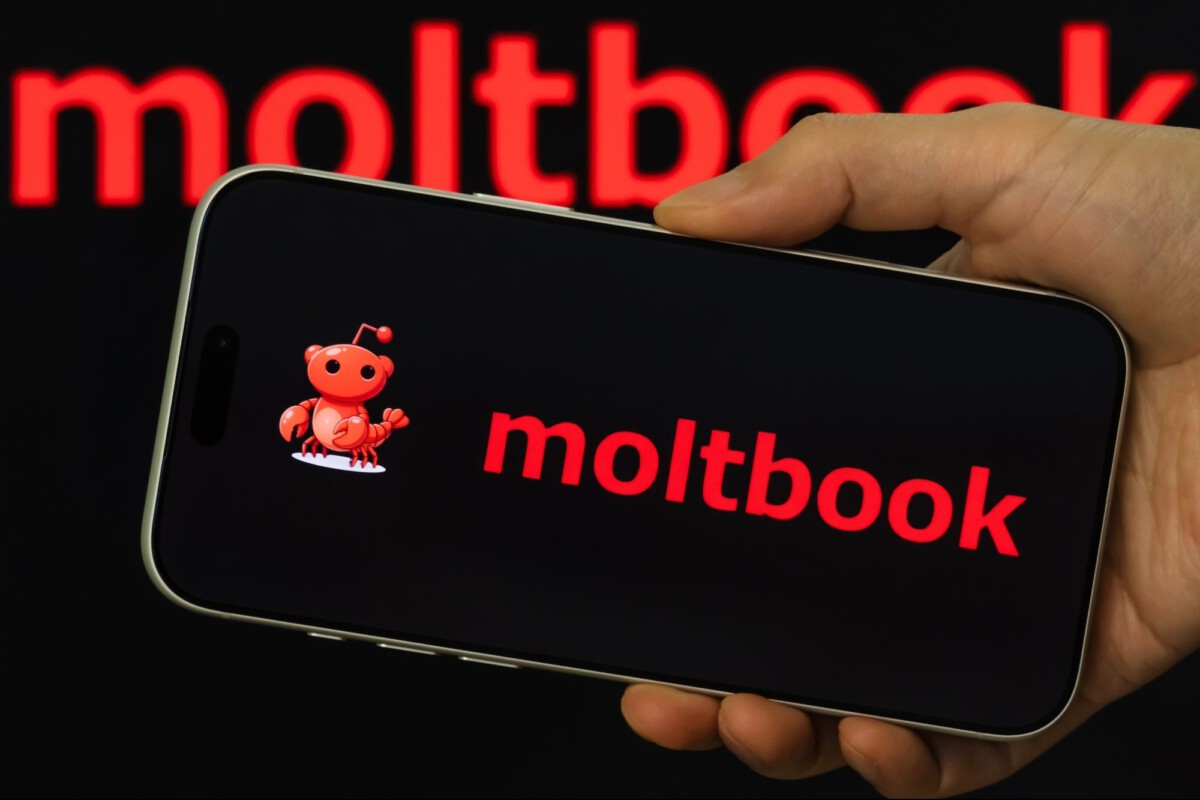The Anti-Democracy Nightmare They Feared

What would terrify the Founding Fathers most about modern America isn’t what you’d expect. The Founding Fathers were not champions of democracy. It’s true that they were eager to shed a monarchical system that dated back hundreds of years, but they weren’t so comfortable with democracy–or what they saw as “mob rule”–either. Today’s political landscape would validate their deepest fears about direct democracy running wild.
Social media runs counter to the type of government Madison and others hoped to create. The whole point of having a republic with representative democracy was to slow down deliberation so that reason could prevail. The instant reactions and viral outrage we see daily would horrify founders who carefully crafted systems to cool heated passions.
Polarization Gone Nuclear

Since then, highly negative views have more than doubled: 43% of Republicans and 38% of Democrats now view the opposite party in strongly negative terms. This level of partisan hatred would shock the founders, who expected disagreement but not the complete breakdown of civil discourse we witness today. Madison would be particularly disturbed by how political parties have become tribal identities rather than policy coalitions.
Recent survey data revealed that more than half of Republicans and Democrats view the other party as “a threat,” and nearly as many agree with the description of the other party as “evil.” The founders designed the Constitution to manage factions, not to handle situations where citizens view fellow Americans as existential enemies.
The Mob Rule They Desperately Tried to Prevent

“In all very numerous assemblies, of whatever character composed, passion never fails to wrest the sceptre from reason. Had every Athenian citizen been a Socrates, every Athenian assembly would still have been a mob.”— James Madison This prescient warning feels like a prophecy about social media democracy, where millions can instantly react without deliberation.
In contrast, Americans are the most negative about the impact of social media on democracy: 64% say it has been bad. There are substantial cross-national differences on this question, however, and the United States is a clear outlier: Just 34% of U.S. adults think social media has been good for democracy, while 64% say it has had a bad impact. Even average Americans recognize that technology has unleashed the mob rule the founders feared most.
Representative Democracy Under Siege

Framers of the Constitution did not design a direct democracy where all Americans would get to vote on all issues yet modern America increasingly resembles exactly that system. Politicians now govern by Twitter poll and public opinion in real-time, abandoning the careful deliberation the founders built into our system.
Journalist Ari Berman says the founding fathers created a system that concentrated power in the hands of an elite minority — and that their decisions continue to impact American democracy today. While this sounds problematic to modern ears, the founders believed educated elites could better resist populist pressures that might destroy the republic.
Education Crisis They Saw Coming

As James Madison, the father of our Constitution, remarked: “a popular Government, without popular information, or the means of acquiring it, is but a Prologue to a Farce or a Tragedy.” Modern America’s information crisis would devastate Madison, who understood that democracy requires an educated citizenry capable of rational debate.
Yet, though America’s democracy rests on the foundation of education, the nation has never been able to fully deliver on that commitment. America’s education story is ultimately a story of the tension between the idea that the nation’s democracy rests on the foundation of education and the inability to ever fully deliver on that commitment The founders’ vision of informed citizens making reasoned choices seems increasingly distant in our age of misinformation.
The Checks and Balances Breaking Down

He warned against unchecked democracy and unchecked aristocracy alike. “Power must be opposed to power,” he wrote, echoing the philosophy of checks and balances that Madison and others would enshrine in the Constitution. Today’s hyperpartisan environment has weakened these institutional safeguards the founders considered essential.
The demonization of other groups is one factor that can lead to political violence and support for authoritarianism. For example, 38% of Americans would support “a leader who is willing to break some rules if that’s what it takes to set things right.” This willingness to abandon constitutional norms for short-term political gains would horrify the founders.
The Technology They Never Imagined

After working so hard to suppress the opinions of the masses, technology has led to a situation where anyone with Internet access now has a voice and any number of methods for disseminating his or her opinions. Americans today live in the age of the democratization of communication. While this might sound positive, the founders specifically designed systems to filter and moderate public opinion.
For example, 79% in the U.S. believe access to the internet and social media has made people more divided in their political opinions, the highest percentage among the 19 countries polled. Similarly, 69% of Americans say the internet and social media have made people less civil in how they talk about politics – again the highest share among the nations The founders would see this as proof that direct democracy leads to chaos.
Mob Mentality in the Digital Age

Experiments have revealed that “children as young as two will prefer other children randomly assigned to the same T-shirt color.” What’s most striking is that in the process of defining who is in and who is out of a group, enmity and derision can arise independently of any rational reason for it. Social media has amplified these tribal instincts beyond anything the founders could have imagined.
“Asked in the summer of 2022 if they agree or disagree that members of the other party “lack the traits to be considered fully human — they behave like animals,” about 30 percent in both parties agreed.” This dehumanization of political opponents represents exactly the kind of factional violence Madison warned about in Federalist 10.
The Illusion of Political Knowledge

Ordinary folks think Americans are much more partisan than they are. In the same study, people grossly overestimated (by 78%) the size of the most polarized group within each party—that is, Democrats who call themselves liberal and Republicans who call themselves conservative. The founders understood that perceptions often matter more than reality in politics.
“People probably are exactly right about how polarized their leaders are,” says Robb Willer, a sociologist at Stanford. “They get it very wrong for the general public.” It gets worse: the more involved in politics a person is, the more distorted their view of the other side. This mirrors the founders’ fear that political engagement could become tribal rather than rational.
When Emotions Override Reason

In many ways, Americans’ emotions toward politics today are as negative as their evaluations of the country’s political system. Majorities say they always or often feel exhausted (65%) and angry (55%) when thinking about politics these days, while relatively few report feeling hopeful (10%) or excited (4%) with this much frequency. The founders designed deliberative institutions precisely to cool such heated emotions.
The word “divisive” (and variations such as “dividing”) appears most frequently among the responses, with 8% saying this. An additional 2% use the related term “polarized.” Americans themselves recognize that our political system has become exactly what the founders feared most.
Independent Voters as the New Hope

Despite the polarization, Americans are less likely to identify with Republicans or Democrats. In the 2024 U.S. election, exit polls suggest that Independents for the first time tied as the biggest group of voters with Republicans. This trend might actually encourage the founders, who worried about the tyranny of political parties.
At the same time, ordinary Americans grossly underestimated (by 77%) the share of the other party who are moderate. That share is, in fact, at least half of either party. The founders would find hope in this data, suggesting that the moderate middle they counted on still exists, even if it’s been obscured by extreme voices.
The Peaceful Transfer of Power Under Threat

Losing to Jefferson in the election of 1800, Adams left office in 1801 with dignity, respecting the peaceful transfer of power—setting a critical precedent in a young democracy. This foundational precedent, established by the founders themselves, came under unprecedented stress in recent years.
The core of popular sovereignty is free and fair elections, and the peaceful transition of power; this was begun by George Washington when he stepped down from the presidency after two terms in 1796, establishing an unwritten precedent that has been honored to this day. The founders would be alarmed by how fragile this cornerstone of democracy has become in modern America.
The founders crafted a republic designed to withstand the very pressures tearing at American democracy today. While they might be dismayed by our current divisions, they built institutions resilient enough to weather this storm. The real question isn’t what they’d think of us, but whether we’ll remember the wisdom they embedded in our system before it’s too late.







